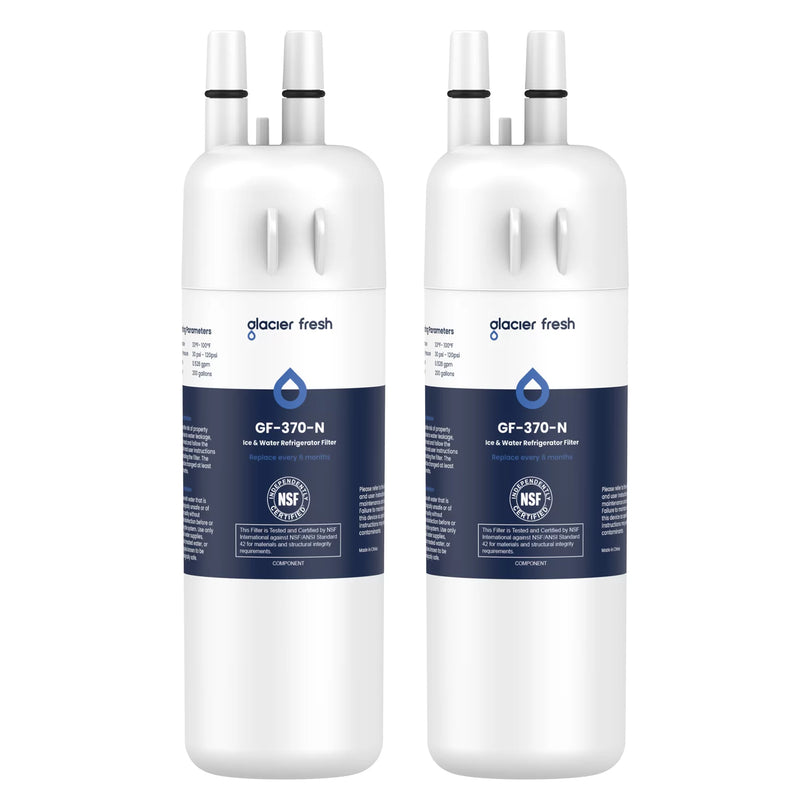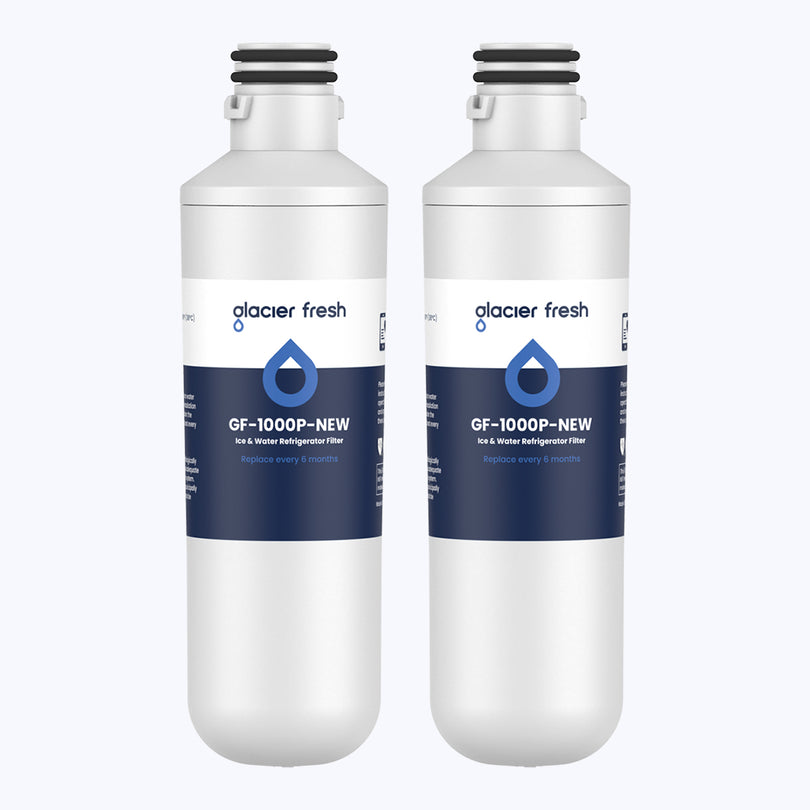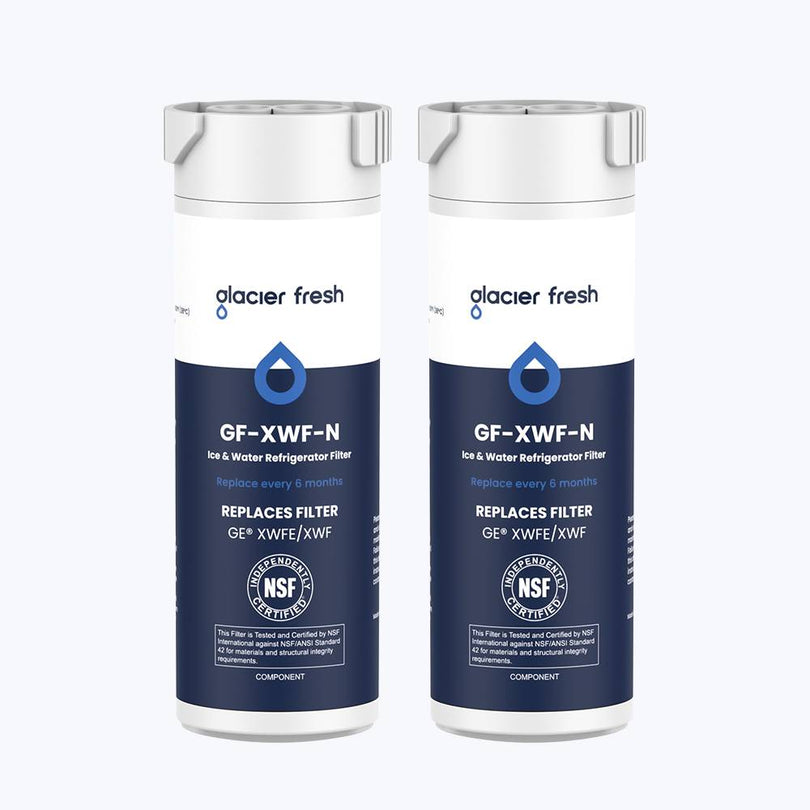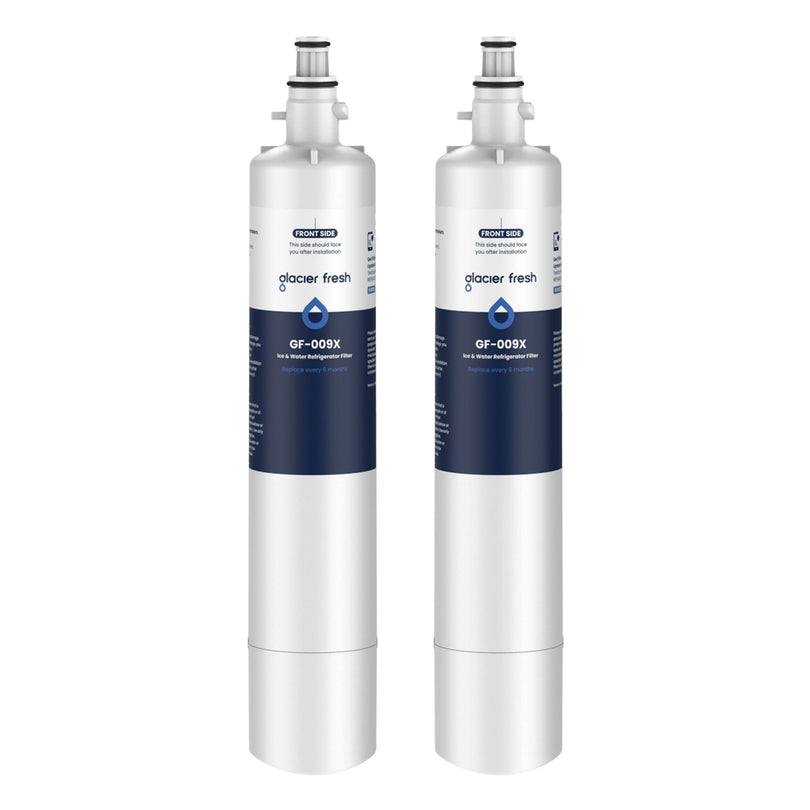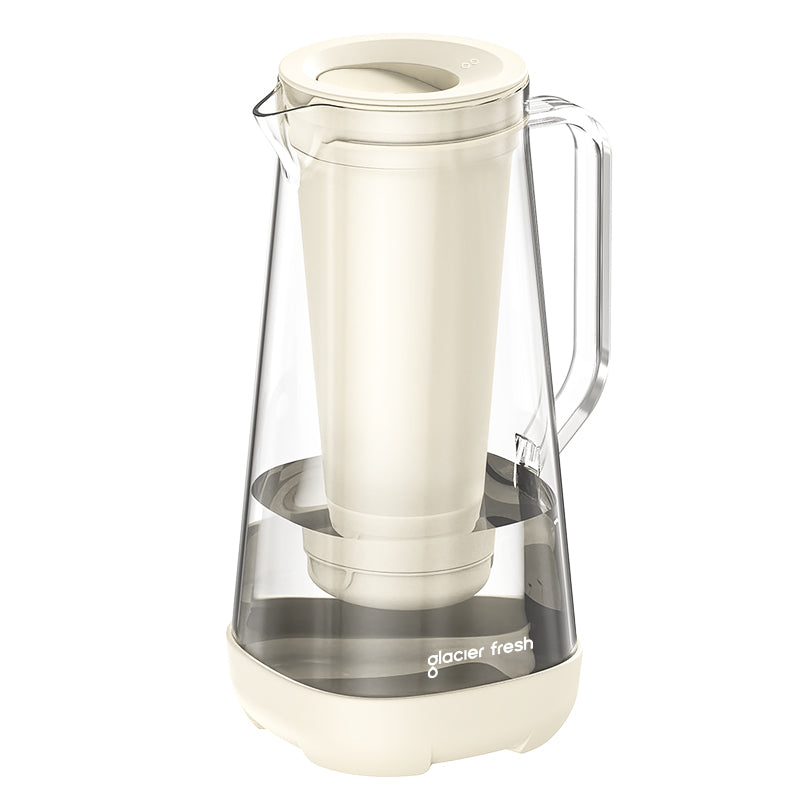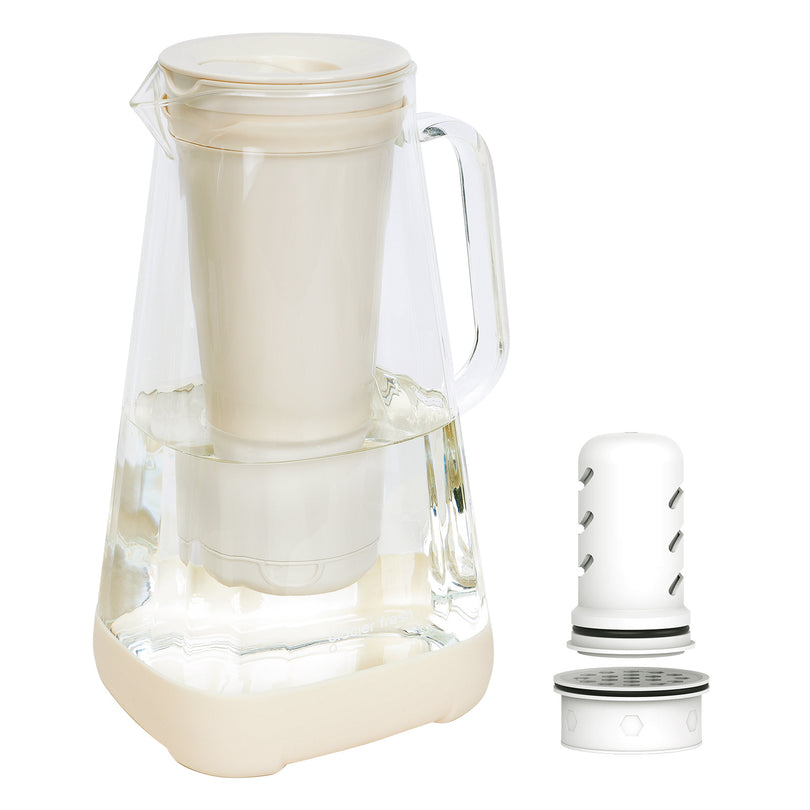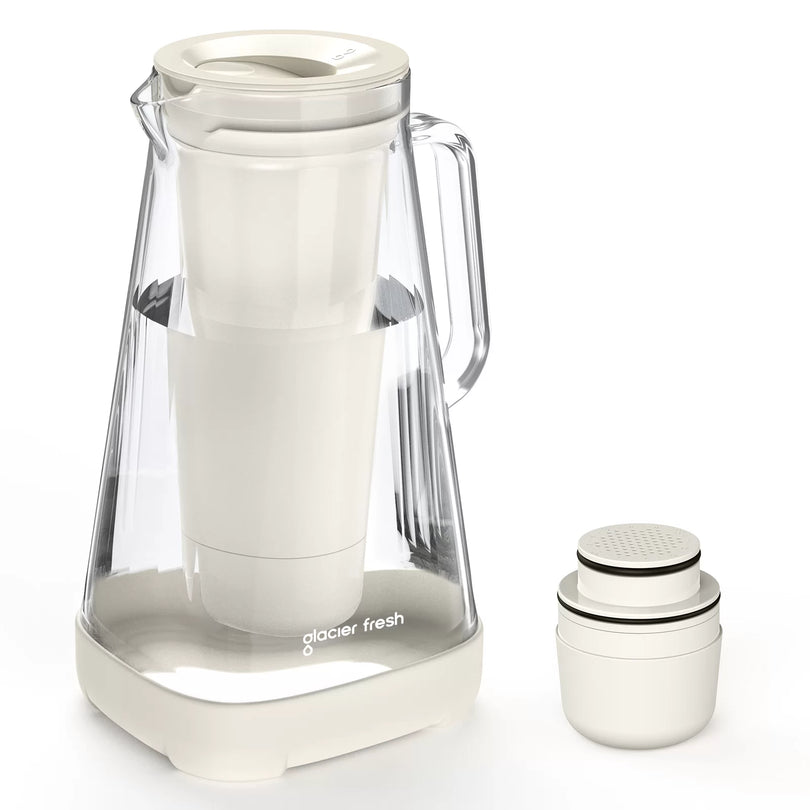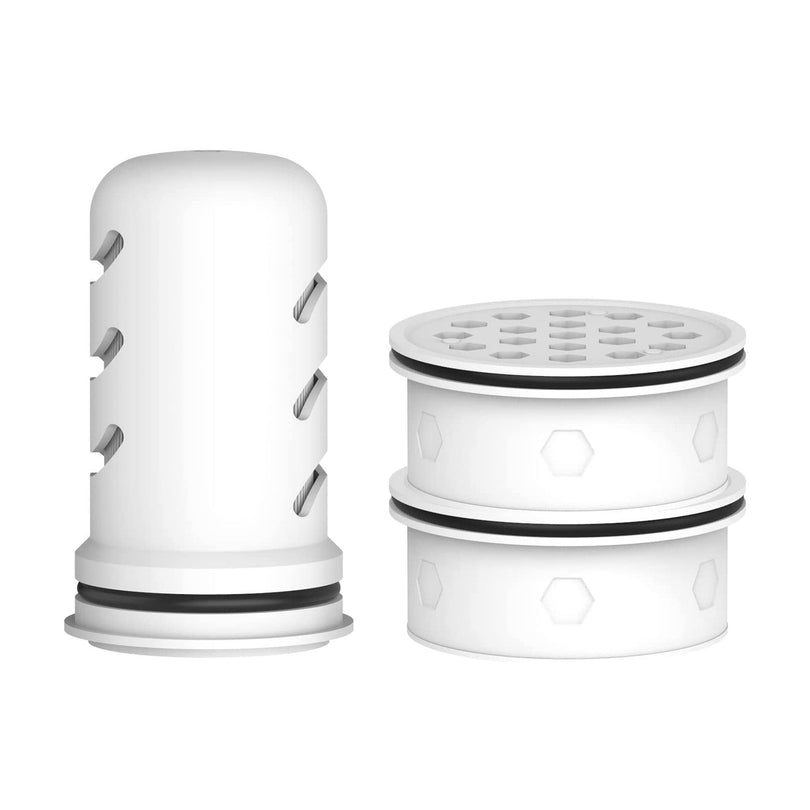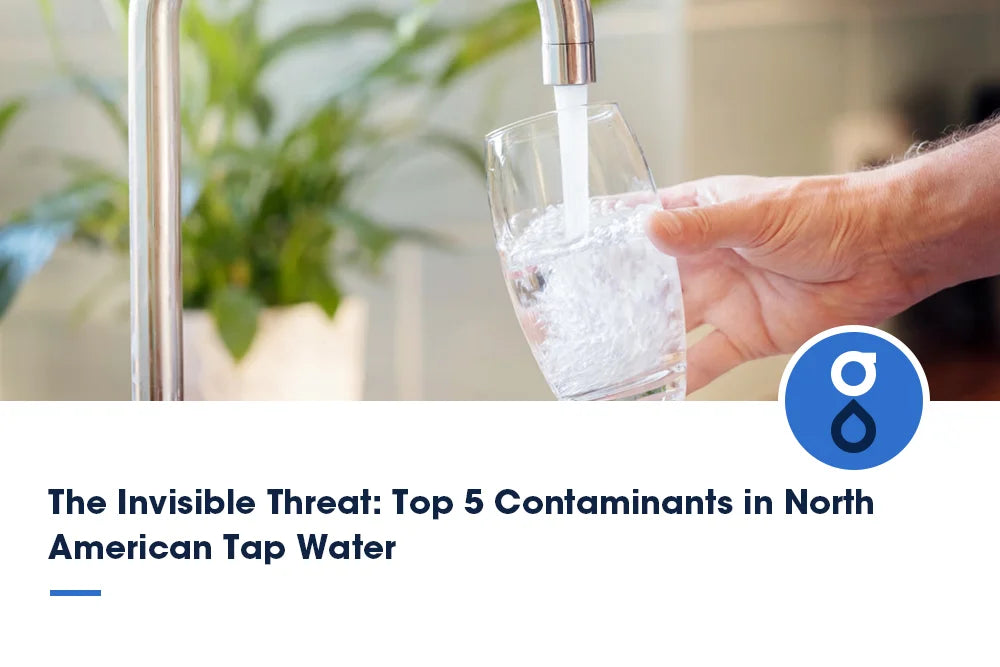Table of Contents:
Upgrades der Wasserfilterung verstehen
Wer ist verantwortlich? Vermieter vs. Mieter
Verhandlungen aus der Sicht des Vermieters
Praktische Tipps für erfolgreiche Verhandlungen
Fallstudien und Beispiele aus der Praxis
Abschluss
Sauberes Wasser ist nicht nur Luxus – es ist eine Notwendigkeit, die unsere Gesundheit, unseren Komfort und sogar die Lebensdauer von Haushaltsgeräten beeinflusst. Ob Vermieter, der seine Immobilie modernisieren möchte, oder Mieter, der saubereres Wasser ohne Kautionsverlust sucht: Die Verhandlung einer Wasserfilter-Upgrade-Lösung kann für beide Seiten von Vorteil sein. In diesem Blogbeitrag beleuchten wir beide Seiten des Gesprächs, geben Verhandlungstipps und diskutieren die rechtlichen und finanziellen Aspekte, die Sie berücksichtigen sollten .
Upgrades der Wasserfilterung verstehen
 Bevor Sie in Verhandlungen einsteigen, ist es wichtig zu verstehen, was ein Swater-Filter-Upgrade mit sich bringt:
Bevor Sie in Verhandlungen einsteigen, ist es wichtig zu verstehen, was ein Swater-Filter-Upgrade mit sich bringt:
Was es ist :
Eine Modernisierung der Wasserfilterung kann von Systemen am Einsatzort (wie Untertischfiltern oder Auftischgeräten) bis hin zu Lösungen für das ganze Haus wie Umkehrosmoseanlagen reichen . Jedes System ist darauf ausgelegt, Verunreinigungen aus dem Leitungswasser zu entfernen und so sicherzustellen, dass es sauber und sicher zum Trinken, Kochen und Reinigen ist.
Hauptvorteile :
- Gesundheit : Durch die Entfernung von Verunreinigungen wie Chlor , Schwermetallen und Bakterien können die Wasserqualität und das Wohlbefinden verbessert werden.
- Langlebigkeit der Geräte : Sauberes Wasser bedeutet weniger Mineralablagerungen, die Rohre verstopfen oder Geräte beschädigen können.
- Immobilienwert : Ein zuverlässiges Wasserfiltersystem macht eine Mietwohnung für potenzielle Mieter attraktiver und kann den Marktwert der Immobilie steigern.
- Attraktivität für Mieter : Gesundheitsbewusste Mieter schätzen zusätzliche Annehmlichkeiten, die ihre Lebensqualität sichern .
Warum die Wasserqualität wichtig ist :
In vielen Mietobjekten wird die Wasserqualität vernachlässigt. Dabei kann schlechte Wasserqualität zu Problemen mit den Wasserleitungen, Schäden an Geräten und potenziellen Gesundheitsrisiken führen – all das summiert sich mit der Zeit.
Wer ist verantwortlich? Vermieter vs. Mieter
Die Entscheidung, wer für das Upgrade bezahlen soll, kann von mehreren Faktoren abhängen:
-
Rechtliche Hinweise:
Ob eine Modernisierung dauerhaft oder nur vorübergehend ist, spielt eine entscheidende Rolle. In den meisten Mietverträgen und lokalen Mietgesetzen ist die Verantwortung für die Aufrechterhaltung des grundlegenden Lebensstandards festgelegt. Luxus-Upgrades sind möglicherweise nicht inbegriffen – selbst wenn sie der Immobilie langfristig zugutekommen. -
Finanzielle Auswirkungen:
Vermieter könnten eine Modernisierung als Investition betrachten, die eine höhere Miete oder niedrigere Leerstandsquoten rechtfertigen kann. Mieter hingegen sind möglicherweise bereit, sich an den Kosten zu beteiligen, eine leichte Mieterhöhung auszuhandeln oder ihren Mietvertrag zu verlängern, wenn sie dafür saubereres Wasser ohne zusätzlichen Aufwand erhalten.
Verhandlungen aus der Sicht des Vermieters
Wenn Sie Eigentümer der Immobilie sind, können Sie die Modernisierung folgendermaßen angehen:
Warum sollten Sie Upgrades in Betracht ziehen?
- Gewinnen Sie hochwertige Mieter: In einem wettbewerbsintensiven Markt können Sie Ihre Immobilie durch die Bereitstellung einer verbesserten Wasserqualität von der Konkurrenz abheben.
- Reduzieren Sie die Wartungskosten: Weniger Probleme mit Mineralablagerungen oder Rohrschäden bedeuten weniger Zeit- und Kostenaufwand für Reparaturen.
- Immobilienwert steigern: Eine moderne, gesundheitsbewusste Modernisierung kommt den aktuellen Mietern zugute und steigert die Attraktivität der Immobilie für zukünftige Verkäufe oder Vermietungen.
Strategien für Vermieter:
- Präsentieren Sie die Daten: Zeigen Sie anhand von Wasserqualitätstests und Kosten-Nutzen-Analysen, wie Sie durch die Modernisierung im Laufe der Zeit Geld sparen können.
- Finanzierungsoptionen: Erwägen Sie, das Upgrade als Anreiz für eine Mietvertragsverlängerung anzubieten oder die Miete anzupassen, um die Kosten im Laufe der Zeit zu decken.
- Vorschläge zur Kostenteilung: Bieten Sie Mietern die Möglichkeit, einen Teil der Kosten zu übernehmen, wenn sie dafür eine etwas geringere Mieterhöhung oder eine längere Mietdauer erhalten.
Praktische Tipps für erfolgreiche Verhandlungen
 Bei Verhandlungen kommt es sowohl auf die Kommunikation als auch auf die Zahlen an. Hier sind einige praktische Tipps:
Bei Verhandlungen kommt es sowohl auf die Kommunikation als auch auf die Zahlen an. Hier sind einige praktische Tipps:
-
Professionelle Kommunikation:
Gehen Sie mit klaren, faktenbasierten Argumenten in die Diskussion. Behalten Sie einen freundlichen Ton bei, betonen Sie aber die Vorteile des Upgrades. -
Das Timing ist entscheidend:
Beginnen Sie Gespräche bei Mietvertragsverlängerungen oder wenn Probleme mit der Wasserqualität auftreten. Wenn Sie Ihre Verhandlungen zu einem Zeitpunkt führen, an dem Sie über Verhandlungsvorteile verfügen – beispielsweise als langjähriger, zuverlässiger Mieter –, können Sie Ihre Erfolgschancen erhöhen. -
Seien Sie bereit, Kompromisse einzugehen:
Erwägen Sie kreative Lösungen wie Testphasen für das neue System, reversible Installationen oder eine Kostenteilung, die beiden Parteien Vorteile bringt.
Fallstudien und Beispiele aus der Praxis
Aus den Erfahrungen anderer zu lernen kann von unschätzbarem Wert sein:
-
Erfolgsgeschichte Vermieter:
Ein Immobilienbesitzer installierte in einem hart umkämpften Mietmarkt ein Wasserfiltersystem für das gesamte Haus . Durch eine leichte Anpassung der Miete und das Angebot als Zusatzleistung konnte der Leerstand deutlich gesenkt und die Mieterzufriedenheit gesteigert werden. -
Beispiel für Mieterverhandlungen:
Ein Mieter verhandelte mit seinem Vermieter und bot ihm eine Verlängerung der Mietdauer an, wenn er im Gegenzug eine Umkehrosmoseanlage auf der Arbeitsplatte installieren würde. Der Vermieter stimmte zu, da er den langfristigen Vorteil eines zuverlässigen Mieters und einer gesünderen Immobilie erkannte. -
Erkenntnisse:
In beiden Fällen waren klare Kommunikation, dokumentierte Vorschläge und die Bereitschaft, einen Mittelweg zu finden, der Schlüssel zu erfolgreichen Verhandlungen.
Abschluss
Bei der Modernisierung der Wasserfilteranlage in einem Mietobjekt geht es um mehr als nur sauberes Wasser – es geht darum, ein gesünderes und angenehmeres Wohnumfeld für alle Beteiligten zu schaffen. Durch das Verständnis der Vorteile und Verantwortlichkeiten können Vermieter und Mieter gemeinsam Lösungen finden, die die Lebensqualität verbessern, die Instandhaltungskosten senken und die Attraktivität der Immobilie steigern .
Ob Sie als Vermieter Ihre Immobilie von anderen abheben möchten oder als Mieter Wert auf saubereres Wasser legen, gehen Sie mit Daten, klaren Vorschlägen und Verhandlungsbereitschaft ins Gespräch. Ein gut ausgehandeltes Upgrade kann letztlich zu nachhaltigen Vorteilen für beide Seiten führen. Folgen Sie Glacier Fresh , um weitere Wasserfilterlösungen zu entdecken.

